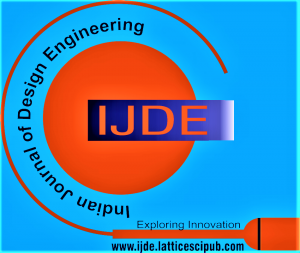Confidentiality and Privacy:
The author’s permission is required before using unpublished material from the submitted article. Confidentiality must be maintained for privileged information or ideas obtained through peer review and should not be used for personal gain1. As the peer review process is confidential and double-anonymous, reviewers cannot disclose any information about it to anyone without the chief editor’s and author’s approval.
Permission from the author is required to use unpublished material from submitted articles. Peer review information should be kept confidential and not used for personal gain. The journal will support the author and reviewer’s information confidential and only use it for publishing. Government grant-giving bodies may require access to this information while maintaining anonymity. The journal may occasionally use lists of names for article requests and notifications. People can request removal from the list. The journal can contact relevant organisations when misconduct is suspected1.
The Indian Journal of Design Engineering (IJDE) will keep the names of authors, reviewers, collaborators, and their organisational and institutional affiliations confidential. Rest assured that the author’s information will solely be utilised for publishing articles and not for commercial or public purposes.
However, government grant-giving bodies may need access to this information1. In such cases, the Indian Journal of Design Engineering (IJDE) will maintain the anonymity of the peer-review selection while providing access to this information. The journal may send a list of names and affiliations without explicit links between those named.
The Indian Journal of Design Engineering (IJDE) may utilise these lists to request articles, collaborations, or other contributions through occasional emails. It will also notify people of upcoming issues. Anyone wishing to stop receiving these emails can request removal from the list.
The Indian Journal of Design Engineering (IJDE) can contact funding organisations, regulatory bodies, other journals, and authors’ institutions when research or publishing misconduct is suspected.
References:
